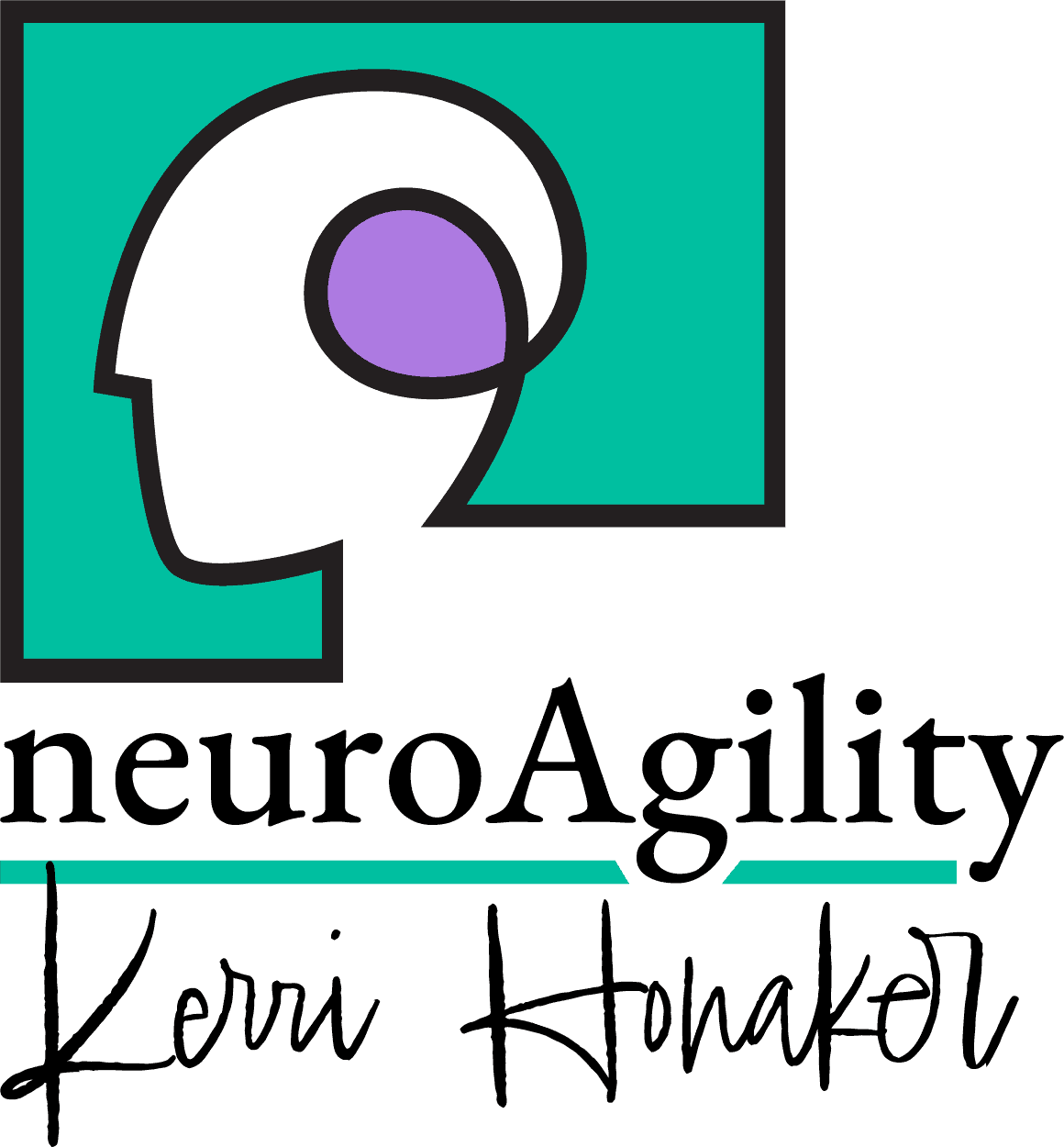2010
-
Meet someone from the neuroAgility team!
Meet Kerri Honaker from the neuroAgility team.
-
Don’t Get Behind the Eight Ball With Your Child’s Report Card
With summer ending and the holiday season quickly approaching, parents will receive something from their children even before holiday gifts are exchanged: their child’s report card.
-
Train The Brain: Using Neurofeedback To Treat ADHD
Katherine Ellison’s son was 12 when he was diagnosed with attention deficit hyperactivity disorder, or ADHD. “He was getting into fights. He wasn’t doing his homework. He was being very difficult with his little brother. And he was just melting down day after day,” Ellison says. “So I decided to devote a year to trying…
-
The neuroAgility Program
We will also be scheduling your Family Support Sessions with you. We want family members, significant others, and those living with and affected by the person doing the neurofeedback training to attend 2 sessions for every 10 neurofeedback sessions. Structure, boundaries, goals, ideas and emotions all come into play when family is working and living…
-
neuroAgility’s Family Support Plan
neuroAgility’s Family Plan is designed to incorporate two (2) sessions for family members for every ten (10) sessions the participant is training with neurofeedback.
-
Growing Up Digital, Wired for Distraction
By MATT RICHTEL Published: November 21, 2010 The constant stream of stimuli offered by new technology poses a profound new challenge to focusing and learning. Read the full article here on the NY Times website
-
Women, Hormones, and ADHD
The severity of ADHD symptoms will change during the course of a woman’s cycle. Here’s what you need to know to manage them. by Laura Flynn McCarthy Do your ADD symptoms worsen at certain times of the month? Is your thinking a little fuzzier the week before your period? Are you organized and efficient at…
-
neuroAgility’s ADHD Checklist
ADHD Checklist Is there someone in your family who: Has trouble sustaining attention in work or play Ignores details; makes careless mistakes Does not follow through on instructions; often doesn’t finish a task Has difficulty organizing tasks and activities Loses things often Is distracted by extraneous noise
-
Scientific American : Faulty Circuits
In most areas of medicine, doctors have historically tried to glean something about the underlying cause of a patient’s illness before figuring out a treatment that addresses the source of the problem. When it came to mental or behavioral disorders in the past, however, no physical cause was detectable so the problem was long assumed…
-
A site where kids can learn about the brain
Discover the exciting world of the brain, spinal cord, neurons and the senses. Use the experiments, activities and games to help you learn about the nervous system. There are plenty of links to other web sites for you to explore. Visit the site here
